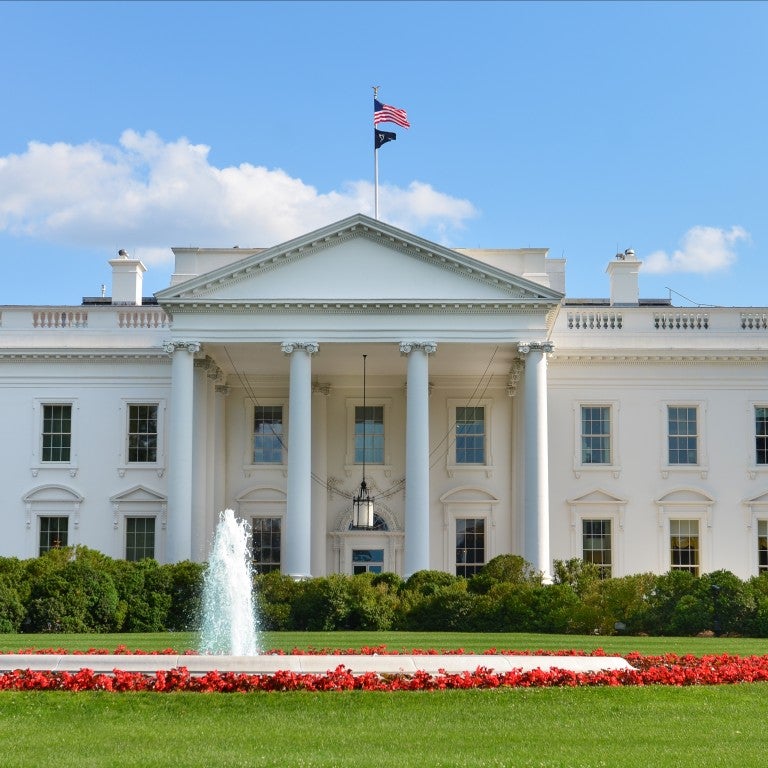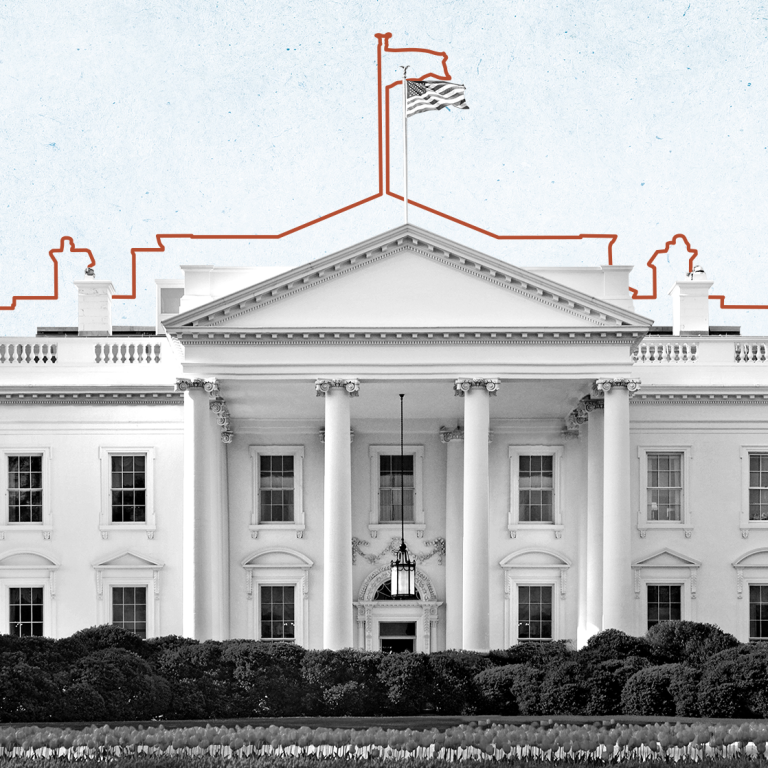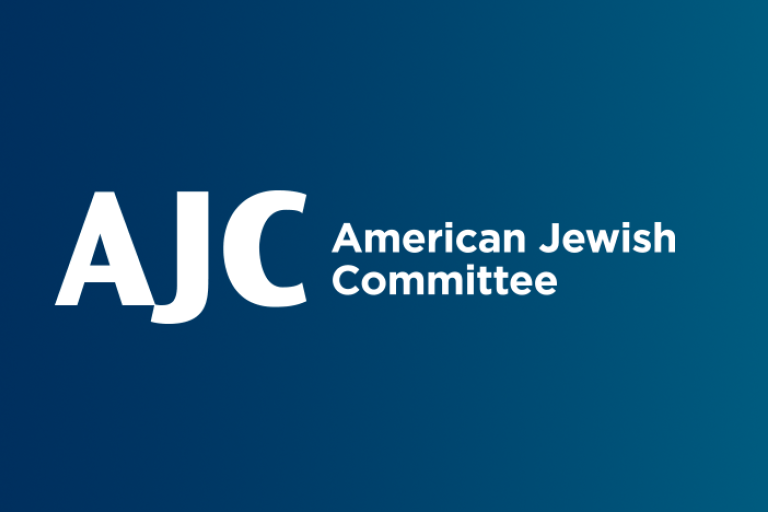May 25, 2023 — New York
American Jewish Committee (AJC) today welcomed the Biden administration’s release of the U.S. National Strategy to Counter Antisemitism.
The strategy is the first whole-of-government approach in the United States to counter antisemitism in its multiple and distinct forms and comes as studies by AJC and other Jewish organizations found an alarming rise in antisemitism and more American Jews feeling less secure.
“In adopting this national strategy, the White House has sent a clear, unequivocal message that antisemitism is a problem that affects all of society, not just Jews,” AJC CEO Ted Deutch said. “This is a historic day for America and its Jewish community. AJC was proud to be part of the process to develop this strategy and is glad to see a whole-of-government approach to counter this persistent and pernicious threat.”
The key components of the White House strategy include:
- A reaffirmation of the administration’s embrace of the International Holocaust Remembrance Alliance Working Definition of Antisemitism. The IHRA definition is the authoritative definition used by over 40 governments around the world. It has also been endorsed by more than 30 states and the District of Columbia. The IHRA definition and a previous version of it have been employed by the State Department since 2008. It offers clear and succinct examples of antisemitism in its various forms.
- A focus on Jewish American heritage and the ongoing contributions of American Jews to all facets of society, to be prioritized in Diversity, Equity, and Inclusion (DEI) efforts, educational arenas, and beyond.
- A priority on Jewish safety and security, whether online or in synagogues or community centers, and promoting education to reverse the normalization of antisemitism.
- A vision to promote allyship to mobilize all sectors of society to take collective action against hate.
The strategy incorporates numerous aspects of AJC’s Call to Action Against Antisemitism, a society-wide guide that shows government, law enforcement, educators, the business community and others how to recognize, respond to, and prevent antisemitism.
To create the strategy, the White House marshaled the efforts of roughly 40 government agencies that made tangible, time-bound commitments to address antisemitism, guaranteeing a whole-of-government, nationwide response.
“The importance of taking this approach cannot be overstated,” said Holly Huffnagle, AJC U.S. Director for Combating Antisemitism. “Hatred and bigotry directed at Jews don’t exist in a vacuum, nor should the best ideas to fight it. The more we collaborate, the better the outcome.”
As the global advocacy organization for the Jewish people, AJC convened a meeting at the White House in February bringing antisemitism envoys from around the world to share their own action plans and lessons with the interagency policy group.
Earlier this year, AJC’s State of Antisemitism in America survey revealed that 89% of Jewish respondents believe antisemitism is a problem in the United States today and 82% believe it has increased in the last five years. The National Strategy, in its emphasis on a society-wide approach, affirms AJC’s finding in the same survey that nine in 10 Americans believe antisemitism is a problem for everyone. AJC will continue to work with the White House to mobilize American society against this hate.




